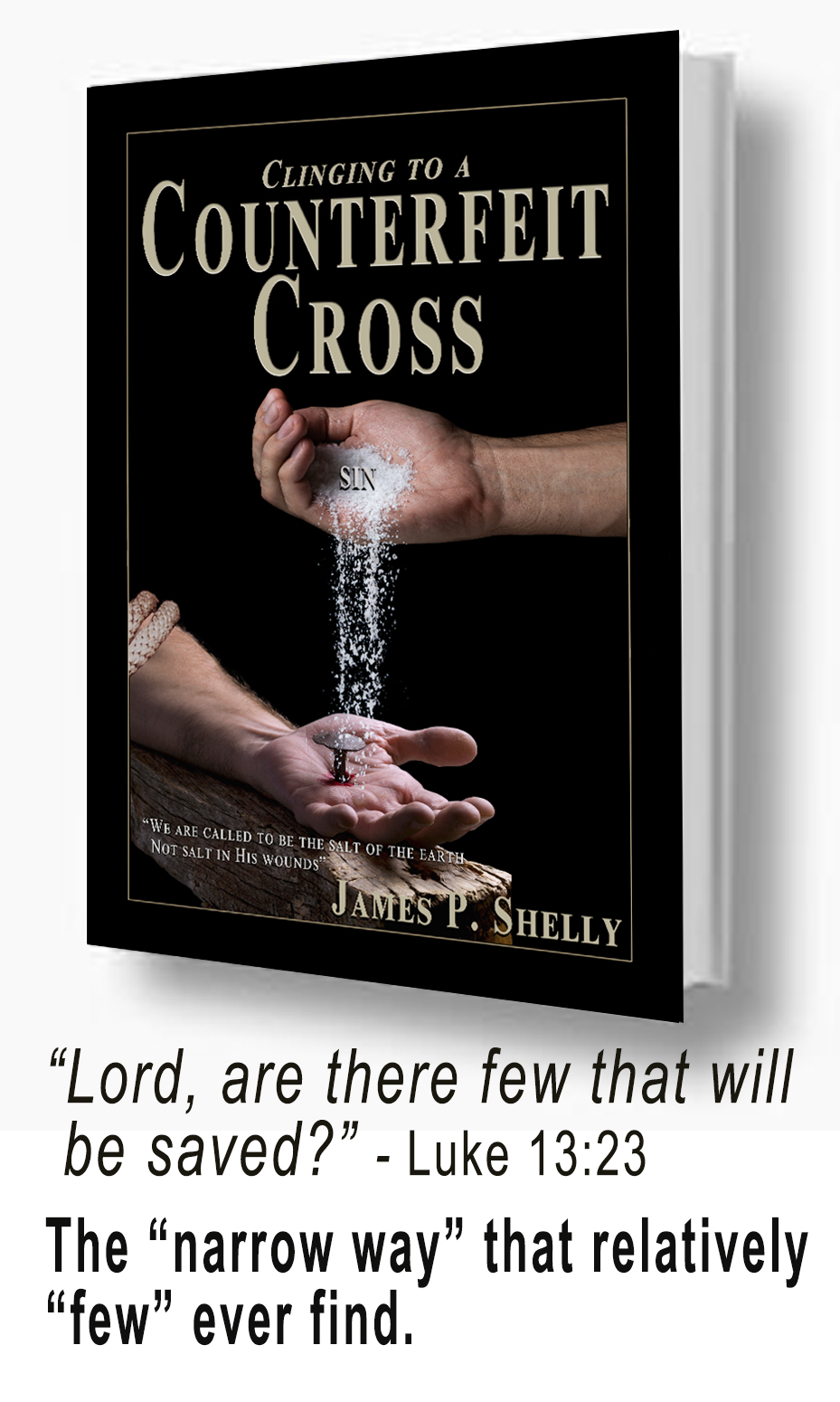Bible Commentaries
Arthur Peake's Commentary on the Bible
Ecclesiastes 3
Ecclesiastes 3:1-15. From one point of view this section may be entitled In Praise of Opportunism, from another Human Helplessness. Every action in which man can engage has its allotted season, but who can be sure that he has found this season? God's plan can be known only in part, hence man's efforts to succeed are always liable to fail; nothing remains but to enjoy the present.
Ecclesiastes 3:1. purpose: read "business" or "affair." In the Heb. the antitheses that follow are in parallel columns like a Greek sustoichia or Table of Contrasts.
Ecclesiastes 3:2. Untimely birth and untimely death are both abhorrent; human entrances and exits have their parallel in the agricultural operations of sowing and reaping. There is no need to compare Jeremiah 1:10, Zephaniah 2:4, though the Heb. word is the same.
Ecclesiastes 3:3 finds particular application in time of war.
Ecclesiastes 3:4 reminds us of Jesus' parable of the children in the market-place and the contrast between Himself and John the Baptist.
Ecclesiastes 3:5 a. The best comment is 2 Kings 3:19-25 and Isaiah 5:2; others make it synonymous with Ecclesiastes 3:3 b. To take the "casting" as referring to the custom of throwing stones into a grave at a burial leaves the "gathering" unexplained.
Ecclesiastes 3:5 b has to do with the marital (or an illicit) relationship (cf. 1 Corinthians 7:29-31).
Ecclesiastes 3:6. The first clause refers to the acquisition (and loss), the second to the protection (and rejection) of property.
Ecclesiastes 3:7. rend may betoken sorrow and mourning or perhaps schism (1 Kings 11:30; cf. Matthew 10:34 f.); sew would then mean the return of joy or of unity (cf. Isaiah 58:12); silence and speech may also have to do with sorrow and joy.
Ecclesiastes 3:9. As often in this book, the positive question is a negative assertion. Man has to go the round of all these activities and experiences, yet he wins nothing from them.—With Ecclesiastes 3:11 cf. Genesis 1:31; the word rendered "beautiful" will bear the translation "fitting" or "appropriate."—he hath set the world in their heart: for "world" mg. reads "eternity"; the Heb. word is that which is usually translated "for ever." If we adopt this we must understand it of the soul's yearning after a larger, fuller, and clearer life than is possible on earth—a yearning which does not amount to a belief in subsequent existence but only adds to the burden of present experience. But by reading the word with other vowels, ‘elem for ‘olam, we get the more intelligible meaning of something hidden or concealed, and may render it "ignorance." God, jealous lest man should rival Him, has set ignorance in his heart (cf. Genesis 2:16 f., Genesis 3:5). Another slight change makes the word mean "wisdom," but this is unlikely.
Ecclesiastes 3:12. Cf. Ecclesiastes 2:24; to do good: to enjoy life (cf. mg.).
Ecclesiastes 3:13 depends on the "I know" of Ecclesiastes 3:12. "God's one good gift to man is the bit of healthy animal life which comes with the years of vigour" (Barton).
Ecclesiastes 3:14. If this is Qoheleth's it means that there is no escape for man from the scheme of things, he wins no gain from the course of life, nothing except Epicurean enjoyment with the dread of God as a shadow in the background. But it may be from the hand of a pious annotator who make God's unchanging purpose the ground of man's trust in Him.
Ecclesiastes 3:15. Man is bound to the wheel of life; events pursue each other and repeat themselves (cf. Ecclesiastes 1:9), and he is but a puppet in the hands of the master showman.
Ecclesiastes 3:16-22. Man no Better than the Beasts.
Ecclesiastes 3:16. Both in the administration of the law and the observances of religion, wickedness is prevalent; "righteousness" is here equivalent to "piety."
Ecclesiastes 3:17 is the insertion of the orthodox glossator; Qoheleth does not regard God as vindicating the godly.
Ecclesiastes 3:18 links on to Ecclesiastes 3:16; the corruption already alluded to is God's way of showing that man, despite his vaunt of intelligence, is really on a level with the beasts. They share the same breath, and when it leaves them, the same end, death. Note mg., reminding us of Solon's saying quoted by Herodotus, "Man is altogether a chance." In Psalms 49:12-20 it is only the unworthy man that perishes like the beasts; here all men. The one place (Ecclesiastes 3:20) is not Sheol, but the earth whence all spring and whither all return.
Ecclesiastes 3:21, like Ecclesiastes 3:9, throws a negative into the form of an interrogative. Qoheleth combats the idea that man's breath goes back to "God who gave it" (though in changed mood he allows this in Ecclesiastes 12:7). No one can prove that it takes a direction different from that of the breath of beasts. No man knows what will happen after he is gone, so the best thing to do is to have a good time now.








Comments